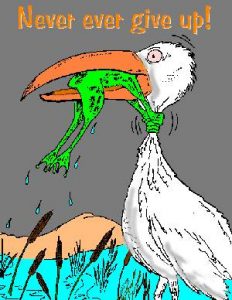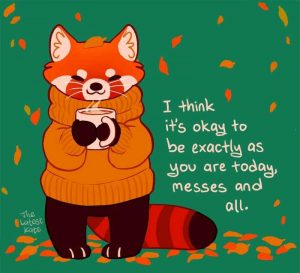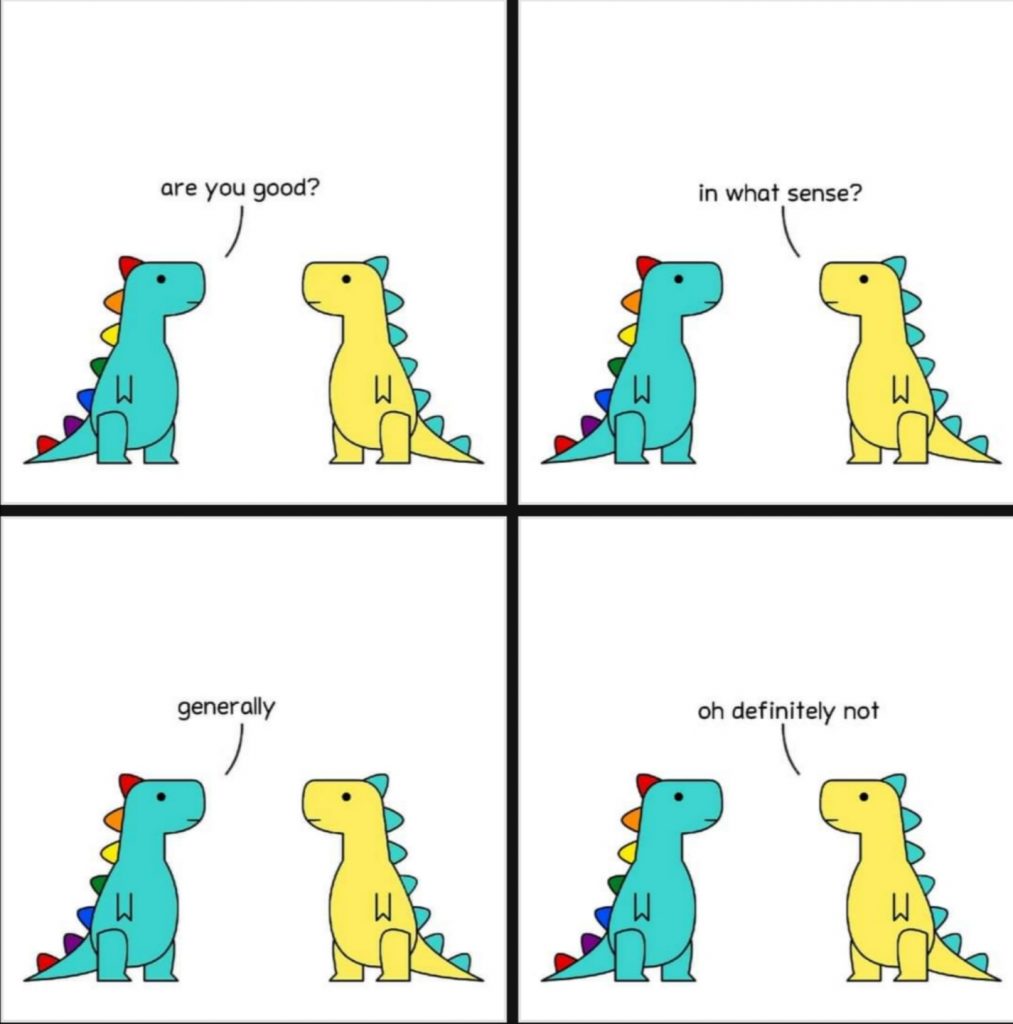It’s a familiar refrain for New Zealanders. Ever since the Canterbury quakes, ‘resilience’ has been used to praise and encourage the ability to rise and rise again through tragedy. But it’s not only a flawed concept used as moral judgement, it’s also become a political weapon.
Let me start by saying I’m not waging a war against the entire purpose of resilience, or the cultivation of it as a fundamental requirement of survival. It’s a tool we need now more than ever.
What I don’t believe is that resilience itself is a moral value. Nor does individualising it exonerate the people, systems and circumstances that impact our ability to cope.
Throughout researching and writing this, I’ve had the refrain of Chumbawumba’s Tubthumping – the world’s worst-named song by the world’s worst-named band – on loop in my head. The song is a resilience anthem surfing on the dubious metaphor of falling down drunk. Despite its flaws, it’s been a party favourite since 1997, with that refrain – ‘I get knocked down / but I get up again / you’re never gonna keep me down’ – an earworm for the everyman. That’s not coincidental; the band says the song is about “the resilience of ordinary people.”
I guess an apt question is; why does it resonate so much?
I have two family mottoes. The first is ‘Constant and True,’ which is part of the shield of my Scottish ancestors. The second – ‘Never, ever, ever give up’ – I believe originated from this poster, though I remember the version on my aunt’s wall being less psychedelic and more National Geographic.

Growing up with these values – constancy, reliability, honesty, and inexhaustible tenacity – has stood me in good stead.
It’s also contributed to me destroying myself in many avoidable ways, blaming myself for anything that could be perceived as weakness, and carrying burdens that are not mine to bear.
I can feel overwhelmed easily. It frustrates me and causes me to compare myself negatively to others. My therapist has heard me lament on this many times. Recently, she asked ‘What happens if, instead of the word ‘overwhelmed,’ you try ‘depleted’?
What she meant was that my medical circumstances mean my resources are lower, and I reach the end of them before most healthy people. I switched the words out, and what I realised was that ‘overwhelmed’ made me feel weak, but ‘depleted’ allowed me a small measure of self-compassion.
We know that inequality and prejudice mean our starting blocks are not the same. Therefore our response to difficult circumstances is inevitably not uniform. Resilience, however, has become a red herring deployed to put the onus on the individual. Any ‘failure to solider on,’ therefore, appears a defect of character to be ashamed of, instead of a reflection on personal circumstance and the intensity of the challenges faced.
A recent episode of Brene Brown’s podcast Unlocking Us, on Anxiety, Calm, and Under/Over-Functioning, discusses how most people, when faced with high anxiety, reflexively become ‘over-functioners’ or ‘under-functioners’ in order to cope. Over-functioners go into hyperdrive and try to control everything. Under-functioners are probably seen as less resilient, but over-functioning isn’t sustainable, and knowing when to step back and say ‘No, I’m done’ is just as, if not more, important.

From: The Latest Kate – twitter.com/tlkateart
IT’S OK TO NOT BE OK
I’ve started seeing people using this phrase more and more, and, with this being the tail end of Mental Health Awareness Week, I think that it’s an appropriate and indeed crucial message.
The world we’re living in now is more stressful, more scary, more uncertain, more toxic and more unstable than anyone could have predicted. Imagine telling someone in 2000 that by 2020, Donald Trump would be President of the United States, little effort will have been made to stop climate change, large patches of the earth would be on fire, a thing called social media would be causing constant conflict, controlling everything from self-esteem to belief in any sort of objective truth, and a global pandemic will have killed millions of people and crashed economies world-wide.
They would laugh, right? And yet, inescapable anxiety is our new normal. Many of my friends have expressed lowered tolerance for what were previously minor stressors, increased anger and depression, and background tension that impacts their ability to function.
And learning to increase our resilience seems like a good answer, or at the very least something that would give one a sense of control in the midst of all of this.
But as I said earlier, resilience is code. It absolves the system and encourages rugged individualism. Being told how resilient we are is praise for not complaining. It shares space with ‘toughen up.’ It shares space with ‘this is who Kiwis are.’ It shares space with protestant values and capitalist goals.
The continued enforcing of ‘resilience’ invalidates personal responses – in fact, it equates a lack of resilience as with a moral failing. It says the best way forward is to be as unaffected as possible. To continue to work. To continue your ‘normal’ life, even in the face of chaos.
To do this is to ignore reality and to do a great disservice to ourselves and others. It means we stop holding systems and people accountable. It means we push ourselves – our bodies, minds and hearts – more than is ever healthy. And, as ever, it’s the people at the bottom doing the heaviest lifting.
Just as the Christchurch earthquakes did and continue to do, COVID-19 has changed our world indelibly. We cannot ignore that.

From: twitter.com/dinoman_j
So. It’s ok to feel scared right now, even if you’re in a position of relative privilege. It’s ok to worry about the impact of a pandemic, of dictatorship, of so-called ‘post-truth society.’ It’s ok to worry about your health, your family, your community, your job, your life. It’s ok to have bad days.
There is no requirement to demonstrate ‘moral fortitude’ by smiling through self-destruction.
It’s OK to not to be OK.

Interesting take
But I would say resilience is accepting that circumstances are difficult, realizing that the way forward will not be easy but still have the will to press on despite it.
Yes, you will push yourself forward beyond what is normal, perhaps even beyond what is healthy.
But you have to make a decision between choosing to be healthy or choosing to continue and survive. Sometimes the two are mutually exclusive.
Sometimes toughening up is the only solution presented to you so you take it.
I fully subscribe to the belief that people can learn to be more resilient.
If you are not resilient, it is not a moral failing, but a personal one.
You may ask why do I adopt such a Draconian worldview?
Because it is like you said, the world has changed. We are surrounded by anxiety and fear constantly, whether it is from the risk of contracting covid, losing your job, living up to society’s expectations of beauty on Instagram or other sources, anxiety and fear is everywhere.
We can choose to try and change everyone’s belief system to make them understand that a lack of resilience is not a moral failing.
Or we can choose to work on ourselves and make ourselves as strong as we need to be to survive the harsh demands of life.
We can hold ourselves accountable for our failures, for our successes.
We can celebrate the resilience of others, aspire to it and be stronger together by encouraging such virtues. There is no need for disclaimers, a fine print which says, “technically, yes…” because it is another distraction in a world where there is already too many and where there are much bigger, much more pressing issues.
And these big issues require a measure of resilience to solve.